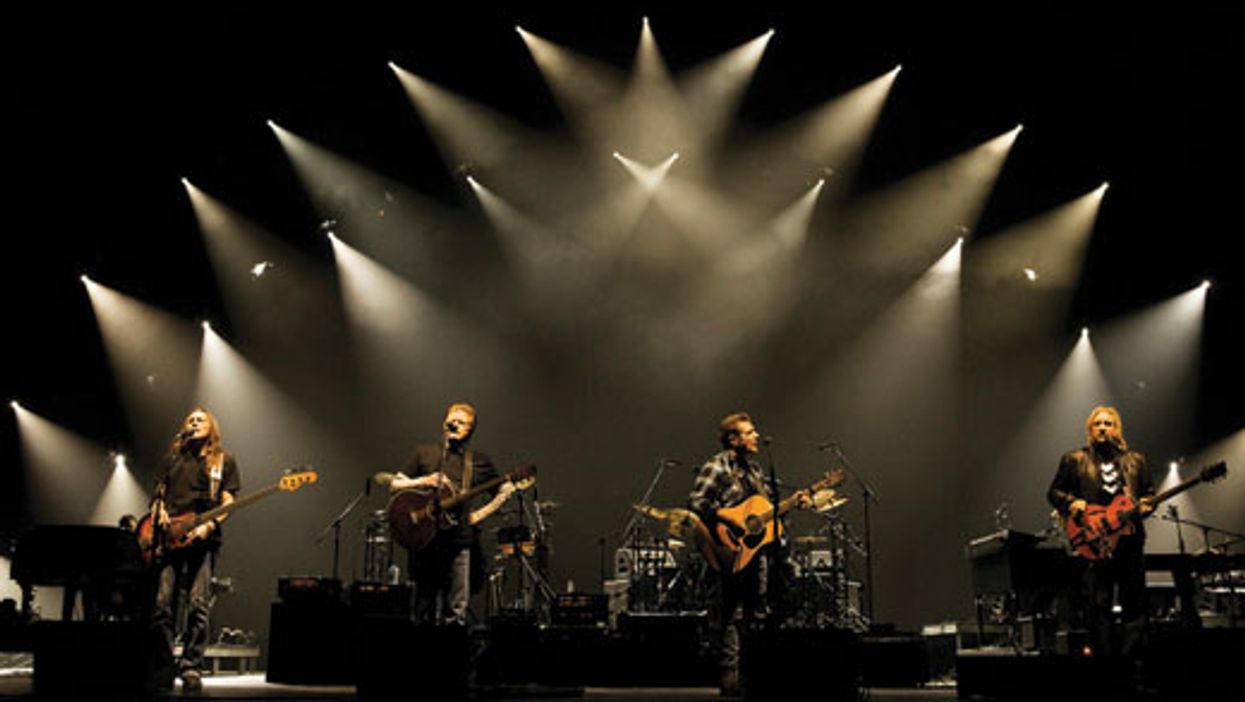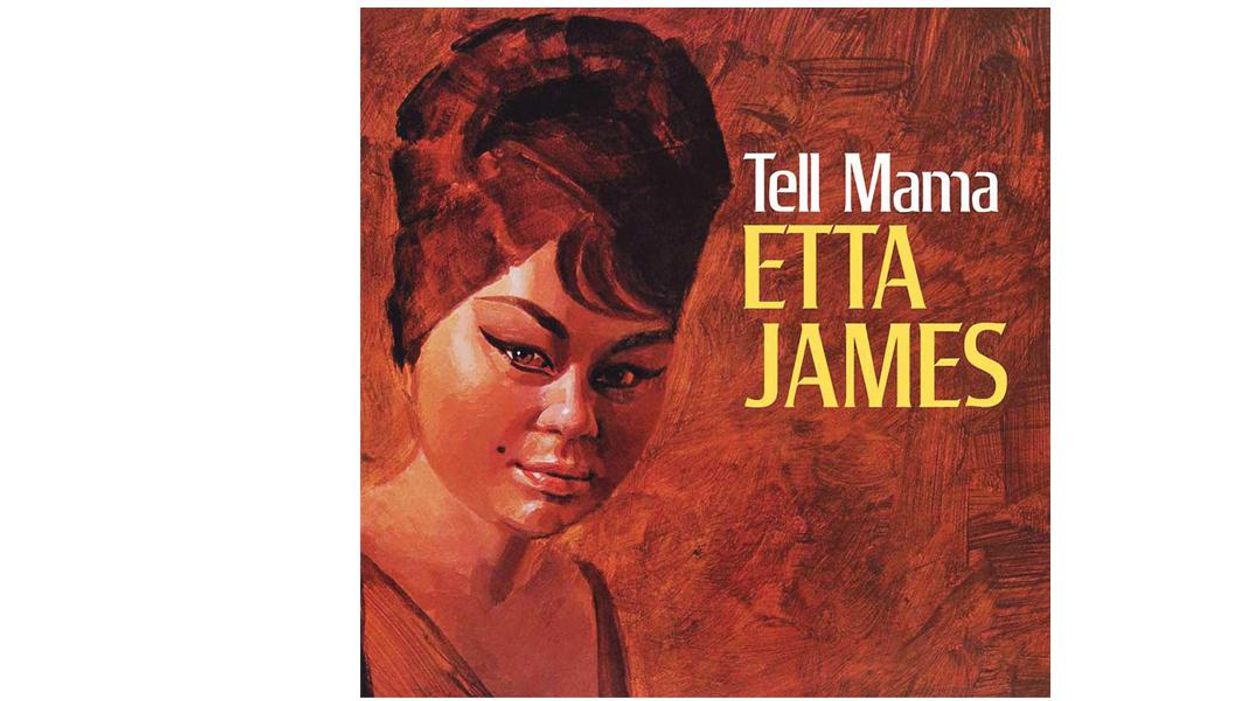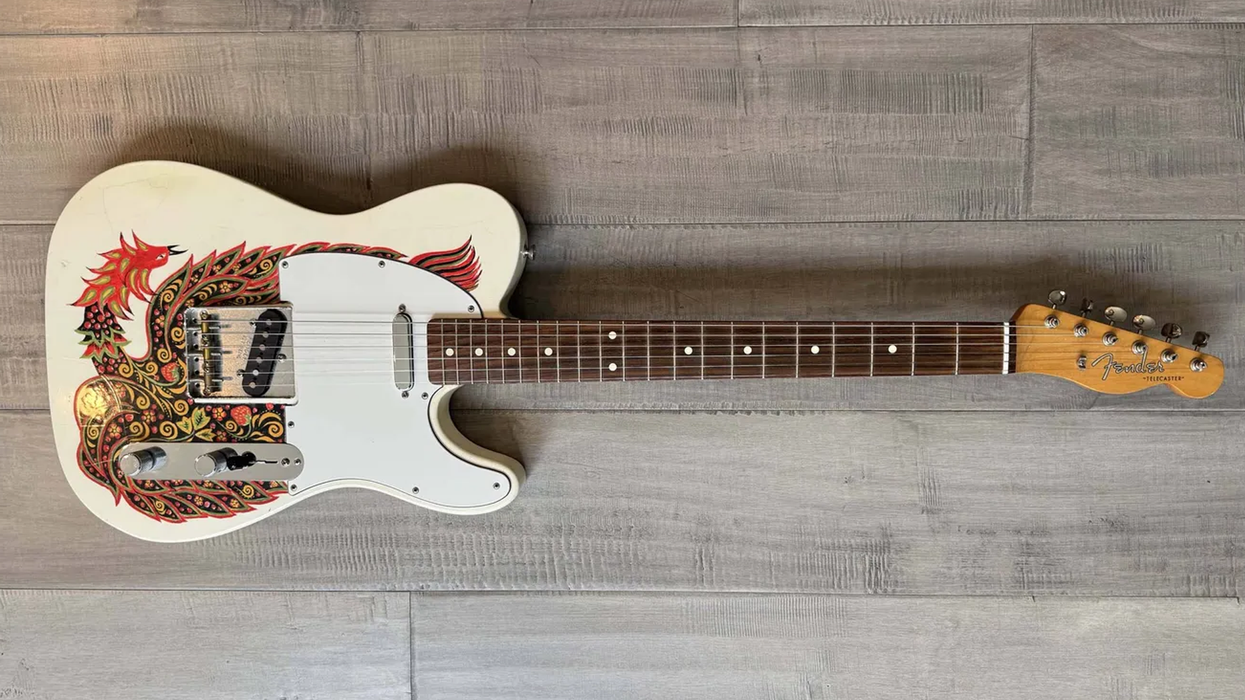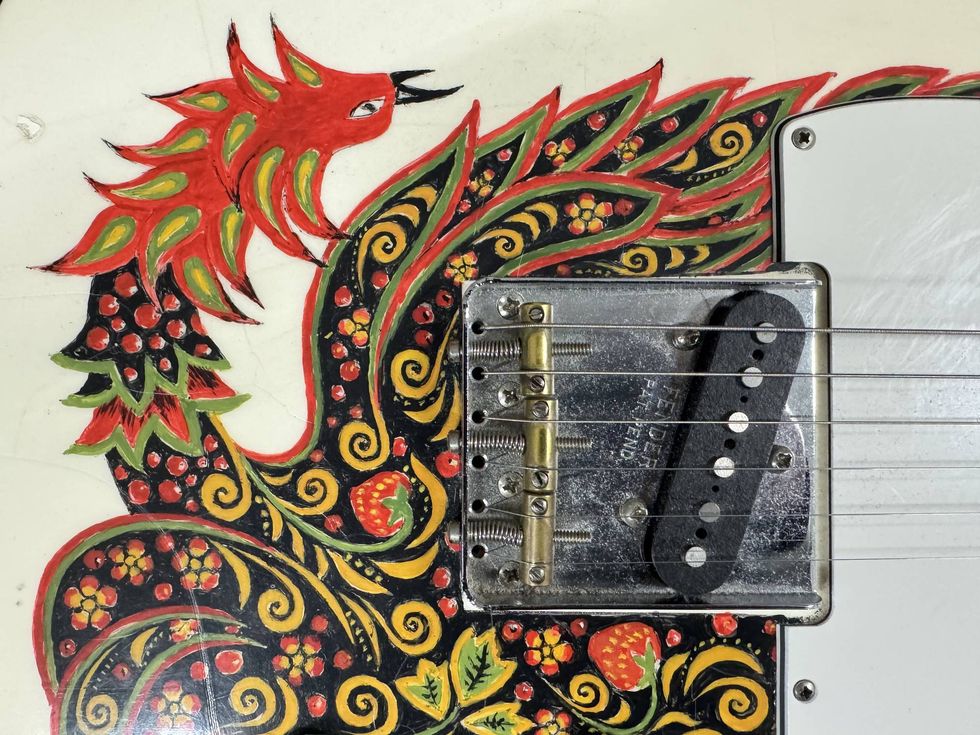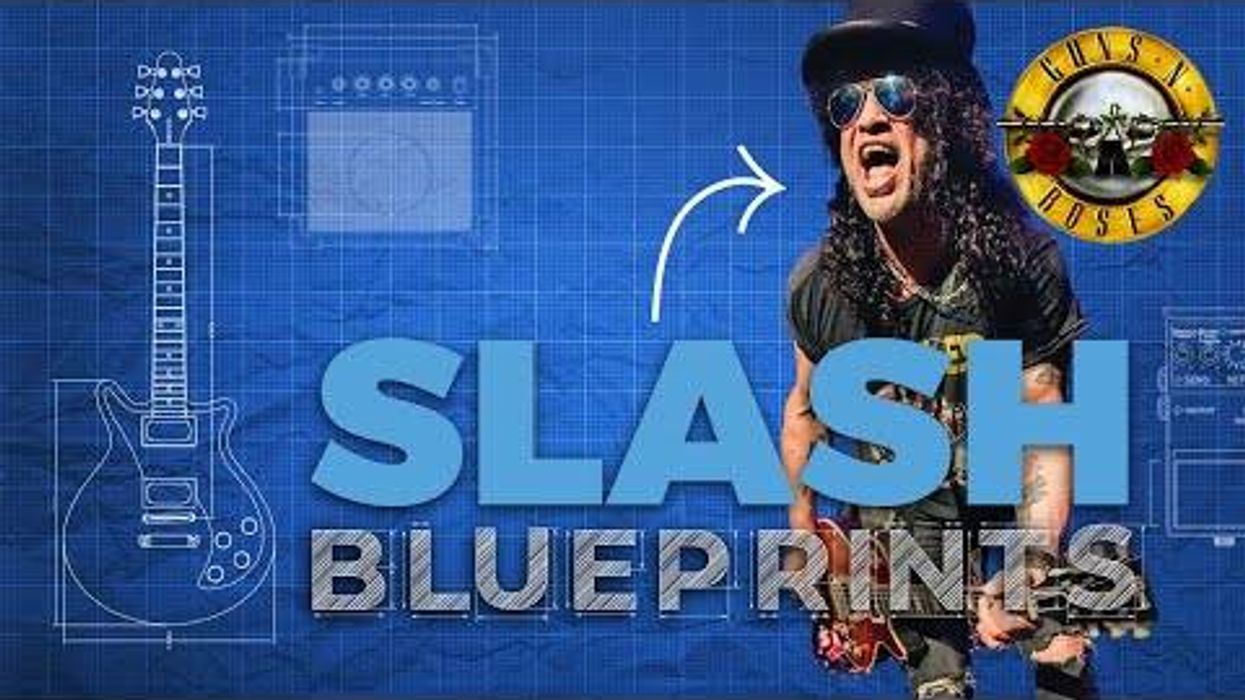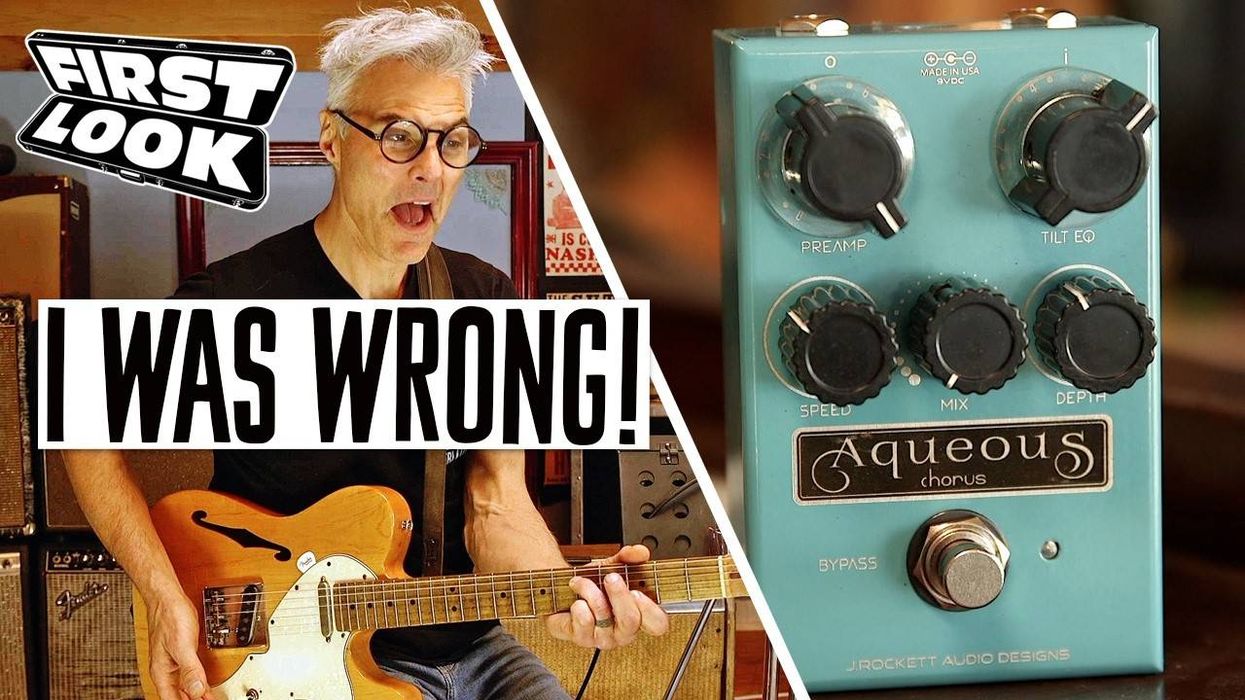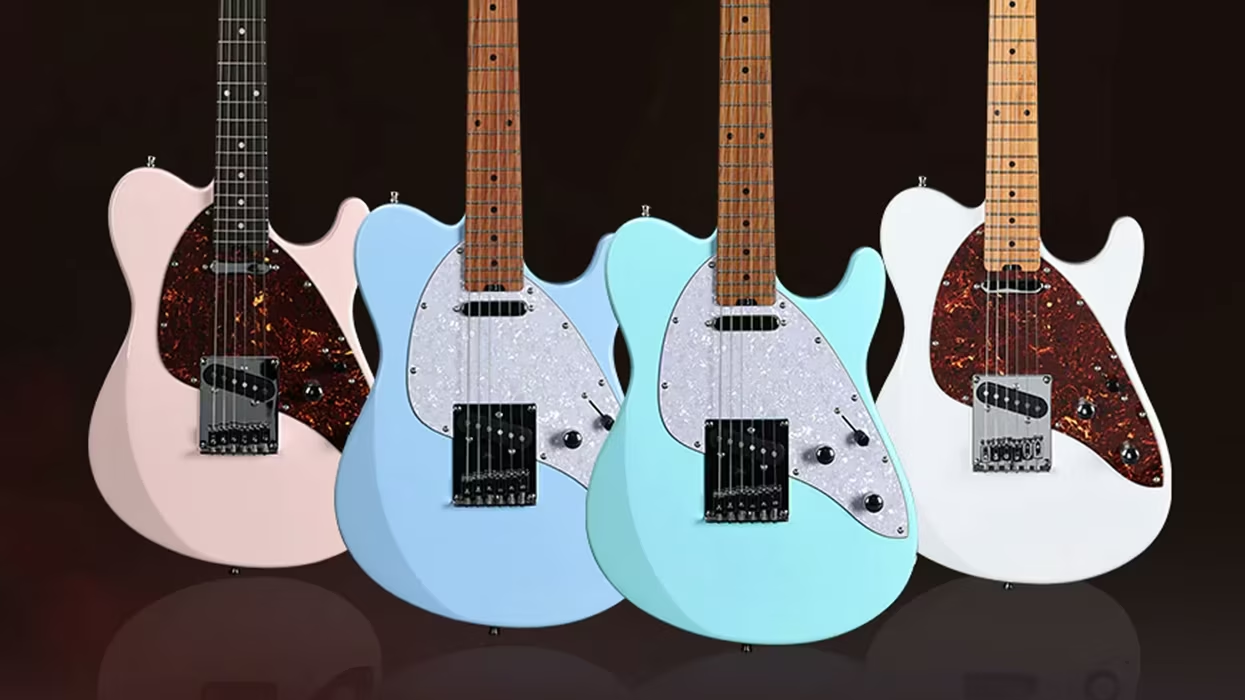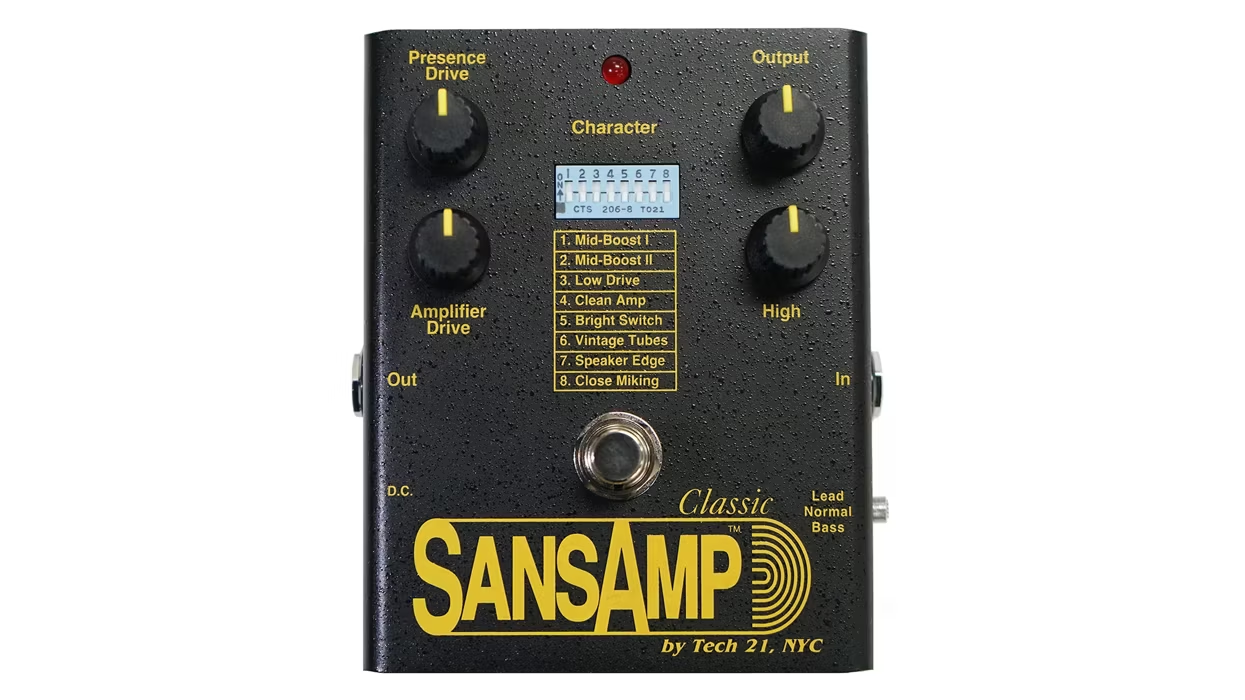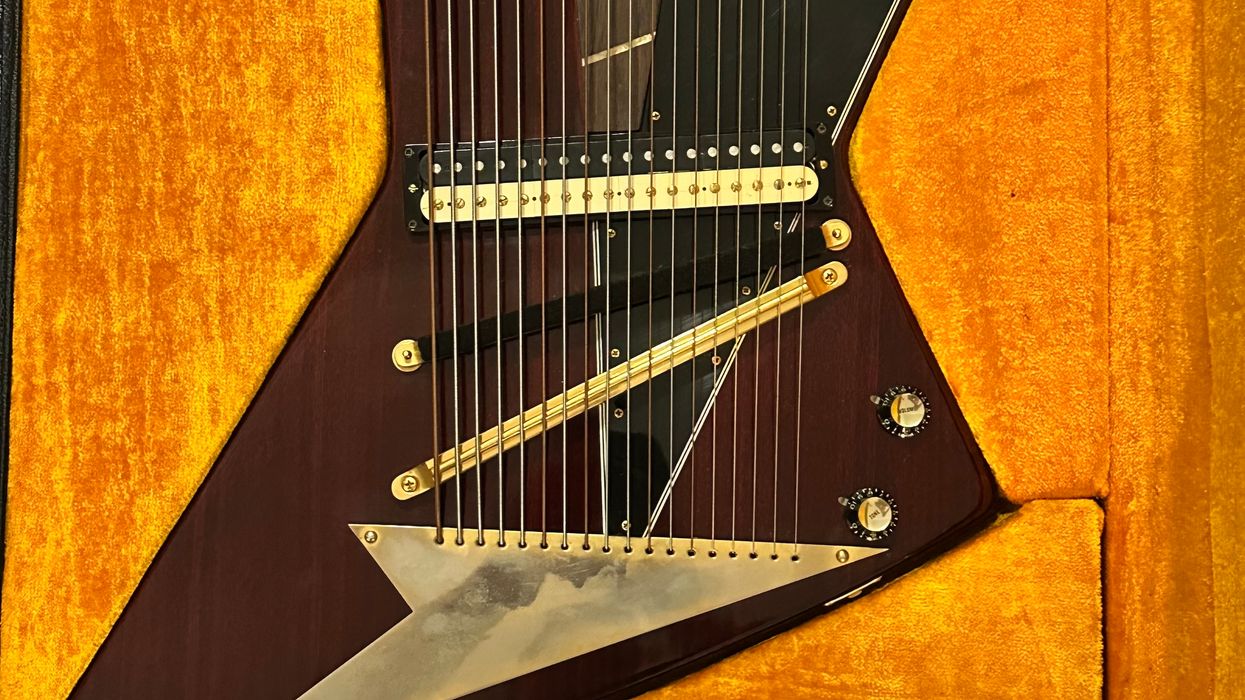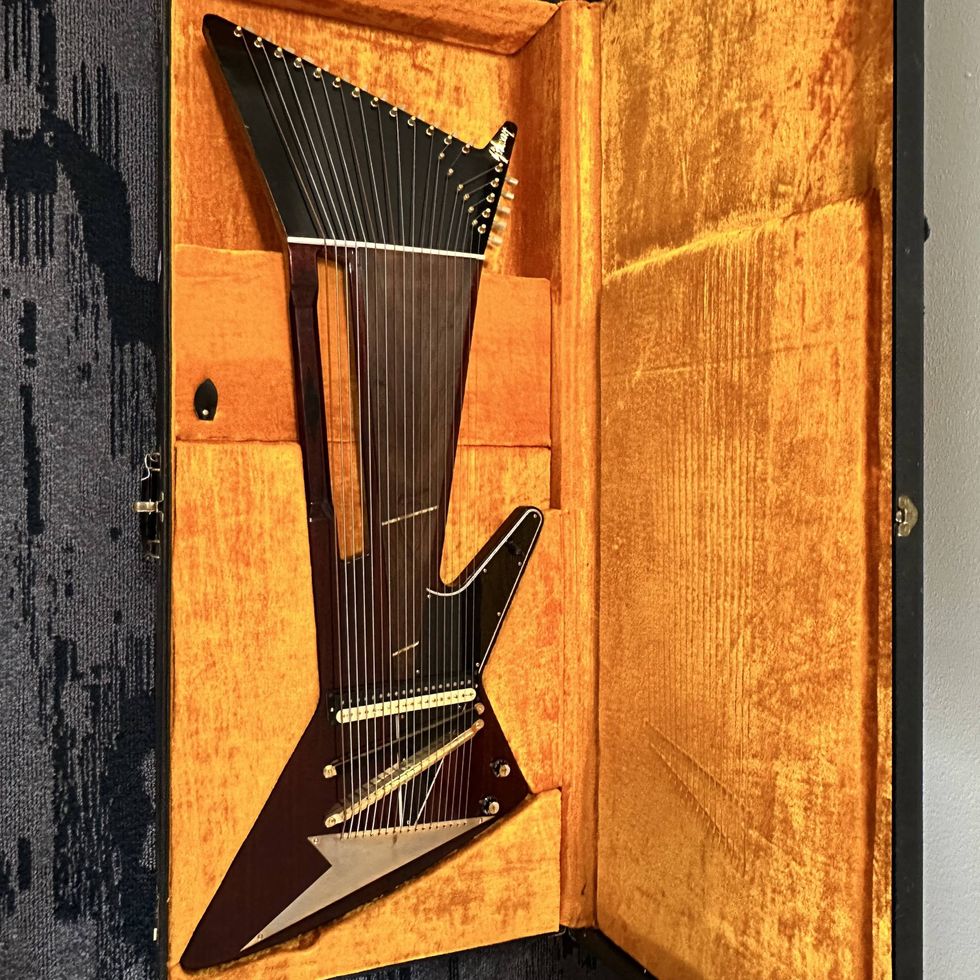By the time Arnold Schwarzenegger left office as governor of California, the state's coffers were empty. During his tenure, California resorted to issuing IOUs to cover their bills for the first time since the Great Depression. The Governator's successor was a spry, 71-year-old Jerry Brown who turned the Golden State around nearly immediately after taking office.
Now 76, Governor Moonbeam has proven to be one of the most effective public servants in recent American history, and yet the Democrats will not even consider him as a potential candidate for the presidency. Why? Because they say he is too old. Granted, the average life span in the U.S. hovers around 78 (that's behind 34 other countries, interestingly). But even if JB is pushing up daisies in four years, it only took him a few years to bring California from poverty to prosperity. Brown could possibly do the same for the U.S. but he will not be given the chance because of ageism, the last publicly accepted form of discrimination.
Sure, small-minded folks discriminate against others for all sorts of silly reasons: race, gender, sexual orientation, religious beliefs, affinity for wearing Speedos, use of solid-state amplifiers, etc. However, the general public usually recognizes discrimination as a bad thing. But that's not the case when it comes to age. Even the music industry—which in theory is driven by creativity and open-mindedness—continues to narrow what is considered a viable age for artists. Today, if you're a musician who hasn't released something by age 27, most record labels believe you've exceeded your expiration date.
Now before all of you aspiring, undiscovered, over-28 musicians get depressed, stop. First of all, music is its own reward. Second, labels control only a tiny piece of the music-money pie. Third, older guitarists rule rock 'n' roll—the musical category that really matters to most of us reading PG.
Although no labels want to roll the dice on signing anything but children, the world clearly is willing to pay big to see middle-aged and above musicians perform. In spite of increasingly poor album sales in all genres, touring took in $20 billion in 2014, making it perhaps the most lucrative year ever. Surprisingly, geezers were one of the main draws.
Let's look at the Billboard list of 15 top 2014 tours: The Rolling Stones came in at No. 3, with an average age of 71. The Eagles—each member is well past his mid-60s—is right behind at No. 4. In the No. 6 slot is 72-year-old Paul McCartney, and 65-year-old Billy Joel is No. 11. Springsteen, also 65 but looking lots younger than Joel, hit No. 13. Coming in at No. 15 was Elton John at an impish 67. One Direction, Justin Timberlake, Katy Perry, Bruno Mars, Beyoncé, Lady Gaga, Michael Bublé, and Luke Bryan round out the list. Which means that if you were on a top tour in 2014, you were a senior-citizen rocker, a pop act, or a thirtysomething country star who sounds like a rock act.
Okay, so apparently tours run on either glitter or prune juice, but what does all this mean? Blinded by their discriminatory view of acts over 27, dying record labels struggle to keep their doors open. Old rockers make solid dough on the road while putting out albums recognized by critics and ticket-buying fans as being superior. So what if ageism limits what's being signed? Rock was born out of rebellion and creativity, so why should it care about the discriminatory views of corporations? Good music gets heard by those who care enough to find it. Corporations and political parties enforce age discrimination, but people remain strangely loyal to musicians, no matter how saggy and wrinkly they get.
The trick is to connect with your audience. In an Off Camera with Sam Jones interview, Dave Grohl offers this advice to aspiring musicians on how to accomplish this: “Go play live. I don't understand the industry ... where music is headed, but I just know that when you walk into a club and you see a band that blows you away, you are going to follow that band ... buy their CD, find them online, see them the next time they come to play. Fuck product placement, labels, A&R people, and all that bullshit—it doesn't matter. If you back that up with the idea that playing your great songs in your great band is enough reward for you, then you're set. But you've got to be badass."
YouTube It
Watch Grohl's entire interview with Sam Jones:


